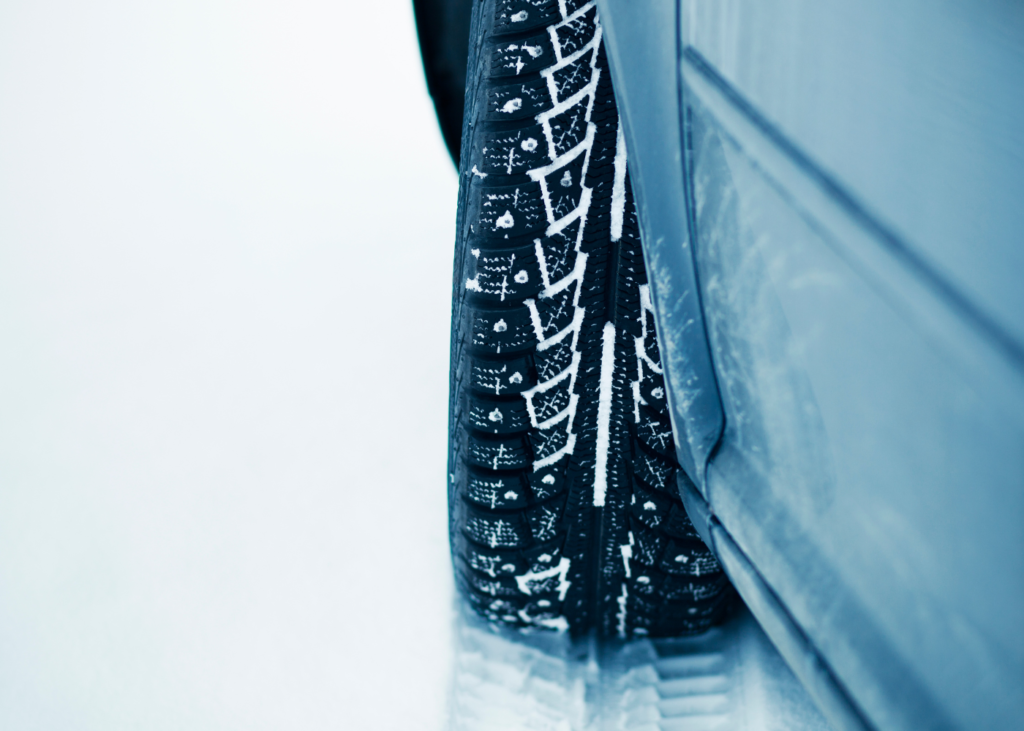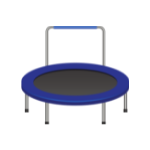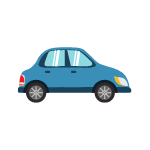Why Are Insurance Costs Going Up?
Many clients are wondering why their insurance premiums are rising. Several key factors are contributing to this increase:
Inflation: Just like many other costs, the price to repair vehicles and homes has risen sharply. This means higher claim payouts, which often translates into higher premiums for policyholders.
Severe Weather: Increased frequency of storms, floods, and wildfires has led to more claims and higher risks for insurers.
Material and Labor Shortages: It’s harder and more expensive to repair and replace homes and cars, which also affects premium pricing.
Reinsurance Costs: Insurance companies purchase reinsurance to help them manage risk. As the cost of reinsurance increases, it directly impacts the premiums they charge.
At Lacher, we understand the frustration this can cause, and we’re here to help you navigate these changes, offering strategies to keep your premiums as low as possible.
Auto Insurance Savings: How to Lower Your Premium
Auto insurance can be expensive, but there are several ways you can reduce your costs while still maintaining the coverage you need.
Erie Rate Lock Program: Lock in Your Rate for Life
One of the most effective ways to avoid rate increases is the Erie Rate Lock. With this program, your auto insurance rate is locked in and will not increase as long as you don’t make changes to your policy. This means no unexpected hikes, even if you have an accident or file a claim.
We’ve created 4 helpful videos explaining how Erie Rate Lock works and how it can save you money.
Erie Rate Lock
Other Ways to Save on Auto Insurance
Increase Your Deductible: A higher deductible means a lower premium. If you can afford to pay a bit more out of pocket in the event of a claim, this is an easy way to save.
Bundle Your Policies: Combining your home and auto insurance policies can often result in a significant discount. It’s a simple way to simplify your coverage and reduce your costs. Click here to learn more about bundling.
Maintain a Clean Driving Record: Keeping a clean driving history will help you qualify for lower rates, as insurers reward safe drivers.
Home Insurance Savings: Protect Your Home at a Lower Cost
Homeowners are facing rising insurance premiums, but there are still ways to protect your home at a lower cost. Here’s how:
Review Your Coverage Regularly
Your home insurance policy should reflect your current living situation. Have you made any home improvements, like adding a security system or upgrading your roof? These changes could lower your premiums.
Increase Your Deductible
Much like with auto insurance, increasing your deductible can lead to savings on your premium. If you have a solid emergency fund in place, this could be a great option to lower costs.
Bundle Policies for Savings
Bundling your home insurance with your auto or other policies can result in discounts. We can help you find the right combination to save while ensuring you’re fully covered.
Disaster Preparedness
In areas prone to specific natural disasters (like floods or wildfires), insurers often offer discounts to policyholders who take proactive steps to prepare their homes. This can include installing sump pumps, securing your home against storms, or retrofitting your home to meet local building codes.
Home Security and Safety Features
Your home may be eligible for discounts if it’s equipped with security features like alarm systems, smart home devices, or updated plumbing and electrical systems. These upgrades not only improve safety—they also can save you money.
Want to Save on Your Insurance? Let’s Review Your Coverage Together
At Lacher, we’re committed to making sure you’re not overpaying for your insurance. We’ll take the time to review your current policies, identify areas for savings, and explore the best options for you.
Let’s chat!
Reach out to us today to schedule a personalized insurance review. Our team is here to ensure you get the most value out of your coverage, without sacrificing protection.










